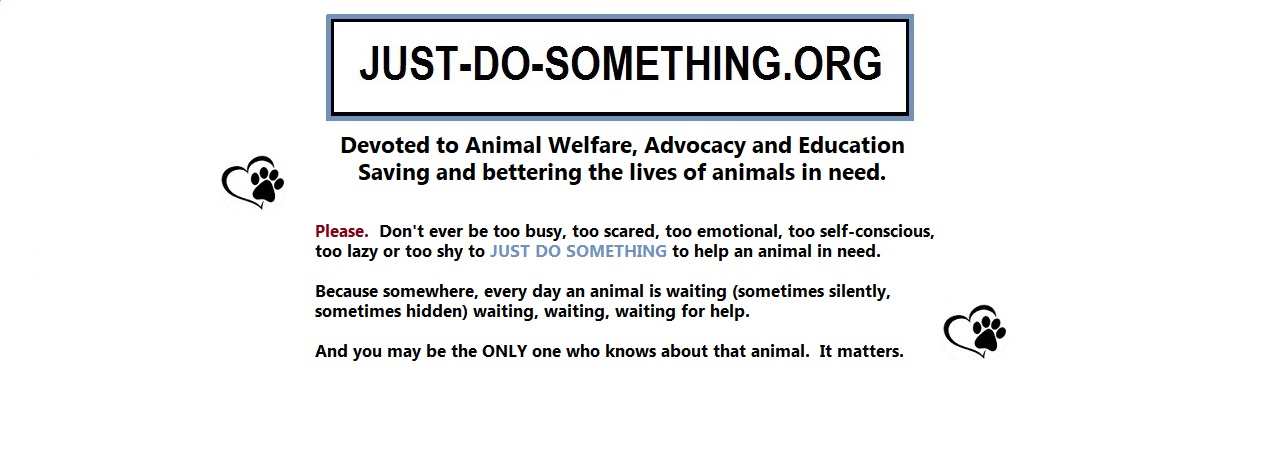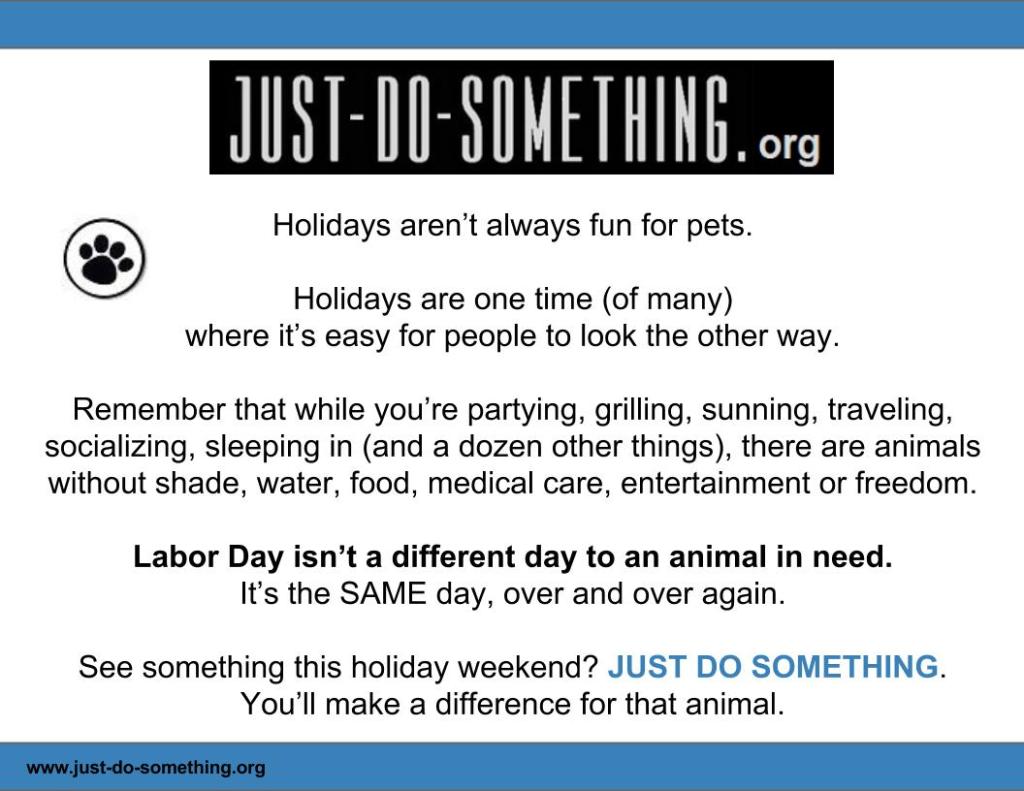When YOU Can Make It Better (From Janet)
This past week I have been pretty sick. Nothing fatal, but pretty sick. Some rest, healthy food, and a trip to the doctor which resulted in some antibiotics are doing the trick, despite the lingering symptoms that continue to make me feel miserable.
When YOU don’t feel well, the easiest way to find a way to start feeling better is to tell someone how you are feeling and then take care of your symptoms. Most of have the ability to do that.
When it comes to animals, it’s never that easy. Pet owners know this firsthand – sometimes it takes more than one trip to the vet to find the reason that our four-legged or feathered family member isn’t doing well. It’s so good to know that many pet owners will, and do, follow-up on pet illness and issues.
But what happens to the homeless, ownerless animal?
Little situations can turn into big, deadly one for strays and ferals, who are trying to survive as healthy animals – take a healthy stray, have him/her catch a cold, and left untreated, that can become a serious and deadly situation.
And what happens to those who have owners, but whose owners turn their back on on pet illness?
Sadly, many pet owners do not budget for and/or cannot afford expensive trips to the vet. Many are not observant enough to know when their pet is “off”. And many simply don’t care enough to check out a new behavior or symptom, thinking s/he will eventually just “shake it off”.
Due to the rising costs of animal health care, many shelters are no longer taking the time to even de-worm strays at intake. And that’s just de-worming. How many sick or injured animals do you think come into a shelter that are left that way? Plenty. For many shelters, there are rooms to view adoptable animals, and rooms where the animals are kept from public view – many times this is due to the animal being injured or sick, and will be euthanized instead of helped.
And many times, that dog you see being led out of the vet’s office by the owner is taking their sick animal home as sick as s/he was when they came in, because they can’t afford the treatment to make him/her better. As a result, many pet owners end up euthanizing their pets earlier than necessary because it’s cheaper to do that instead of a regime of medication or rehabilitation.
There are many vet clinics who offer to help pet owners on a sliding scale, or even pro-bono – but you won’t find them in every city or town. And many programs that are available to help pet owners with vet fees come with requirements and guidelines before aide will be provided. Even pet health insurance can be an iffy thing based on how much you pay into it per month, versus who takes it and what services are covered.
For many pets – those who are NOT homeless – believe it or not, their life span depends on a dollar sign.
How can you help? Here are a few simple things you can do to help save or better an animal’s LIFE:
- First, if YOU know of an animal in need, always take steps to ensure that s/he is getting the care and attention needed. That might mean something as simple as making a phone call and then making sure that it is followed through. Bottom line, you may be the only one to help that animal, so NEVER turn your back.
- Take a first aide class for animals. The more you know, the faster you can help your pet, or someone else’s. Take a moment to google First Aide Class for Animals to find a class that works for you.
- Be prepared for domestic and wildlife animal emergencies. This includes a Pet First Aide Kit.
- Donate unused portions of your pet’s medication through your local vet. Your vet knows who else could use it.
- If you like to give money to charities, think about going to the local vet or pet hospital/clinic to see if you can help out a pet owner having trouble paying for treatment.
- Visit your local shelter to see if you can financially contribute to a sick or injured animal’s care. You might be able to even sponsor a sick or injured animal to prevent euthanizing him/her from their illness/injury.
- KEEP YOUR EYES OPEN AND SPEAK UP. I recently spent some time around a lovely Black Lab who, when she turned over on her back, had a visible staff infection from her sternum to her abdomen. Her only outward symptom was that she kept licking her abdomen – so much so that I took notice. Being a very large dog, I was not aware of the staff infection until she turned over, but by the amount of concentrated licking she was doing, I felt something might be up. I mentioned it to her owner, who initially stated to me she was aware of the licking and that it was “probably just fly bites”. I insisted that she look at her dog’s belly in front of me, and when she actually took the time to look at her dog’s skin, she gasped. She called her vet right then, and had her dog put on oral antibiotics the very next morning. This lovely dog may not have been able to verbally say she was uncomfortable, but her behavior suggested otherwise. Again, it may not always be the pet owner who realizes something is going on. Staff infections can turn into deadly infections in animals and humans. By the way, this gal has fully recovered and is back to her normal, non-licking self.
Do you have another idea of what you can do to help save or better an animal’s life?
Are you doing something, or have you done something, to help someone else out?
We’d love to hear about it. We’ll add your ideas, and share your story.
Pet health may not be important to everyone, but hopefully it matters enough to you to JUST DO SOMETHING when you see a need.
It truly matters.







